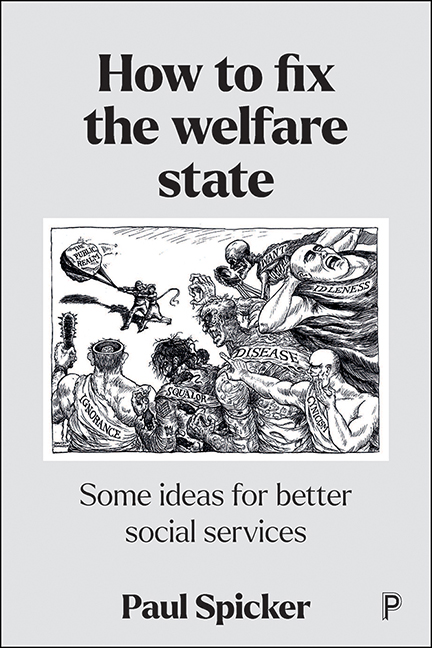Book contents
Summary
The foundation of the welfare state took place at the same time as the introduction of universal secondary schooling. Before the 1944 Education Act, secondary education was usually fee-paying: those who were unable to afford it continued in elementary education to age 14. But the principle of universal education had been established long before that. Primary or elementary education had been universal in Scotland since at least the seventeenth century, though the roots of the system go back before that. In England, elementary education was universal after 1870.
Schooling is meant to be inclusive – children are only permitted not to go to school if a satisfactory alternative arrangement has been made. That principle is widely respected: there are difficulties in the inclusion of some groups (such as gypsy travellers and some older pupils) but there are also provisions in place to try to ensure that they do not lose out. There have been arguments to make the provision of education more like a market, notably the idea that public provision of schools could be replaced by a system of vouchers. There are good reasons to doubt whether this would do anything to improve provision, but they need not concern us here: the main thing to note is that vouchers would still be universal, going to everyone. The principle of general inclusion – no child goes without an education – is the guarantee of universality. Universality is not compromised because some children are privately educated, though it is arguable that the quality of state education is – selective education, whether it is selected by cost or academic selection, tends to deprive less valued schools of resources. In primary education, the principle of universalism is unchallenged; the differences emerge in discussions of secondary education, where some argue for selection or different classes of education, such as a divide between vocational and academic education.
Universal education lends itself to the advancement of the general welfare. The education system operates as one of the chief forms of socialisation: education becomes a method of transmission of social norms and values. (This is also sometimes seen as a form of social control.) It may serve as a ‘handmaiden’: the education system serves the industrial process and the economy by producing a trained workforce, and by providing childminding services.
- Type
- Chapter
- Information
- How to Fix the Welfare StateSome Ideas for Better Social Services, pp. 56 - 67Publisher: Bristol University PressPrint publication year: 2022



